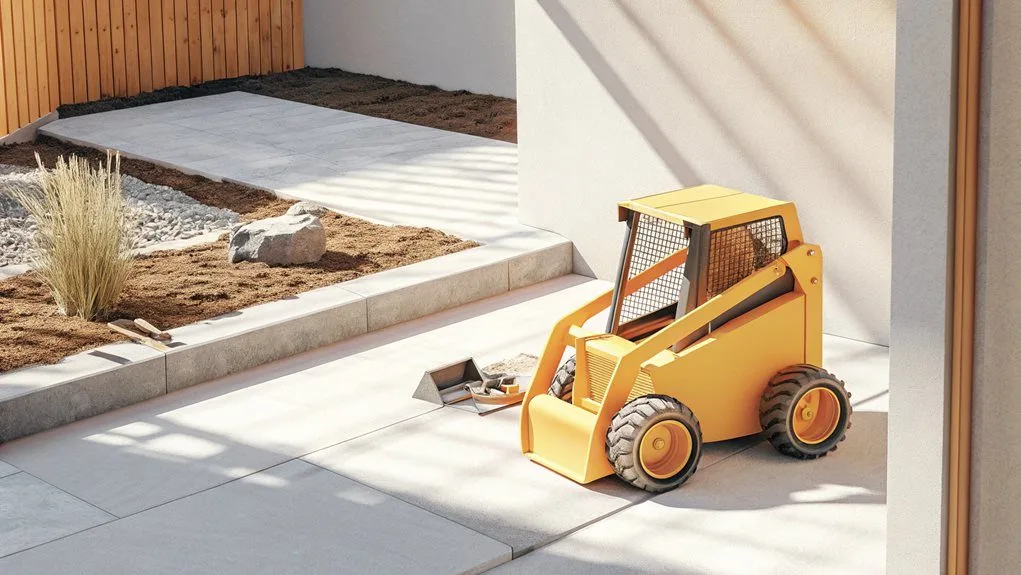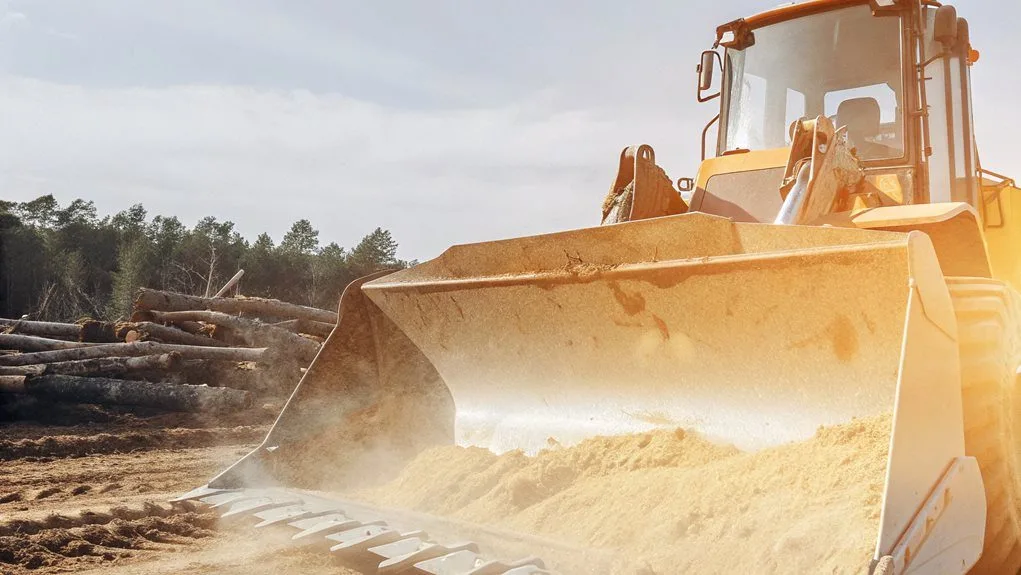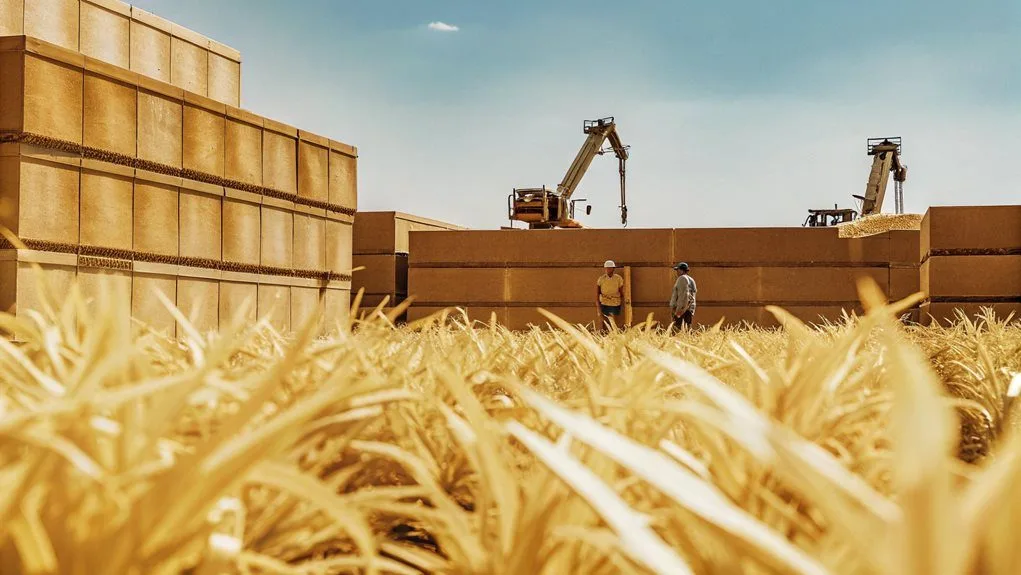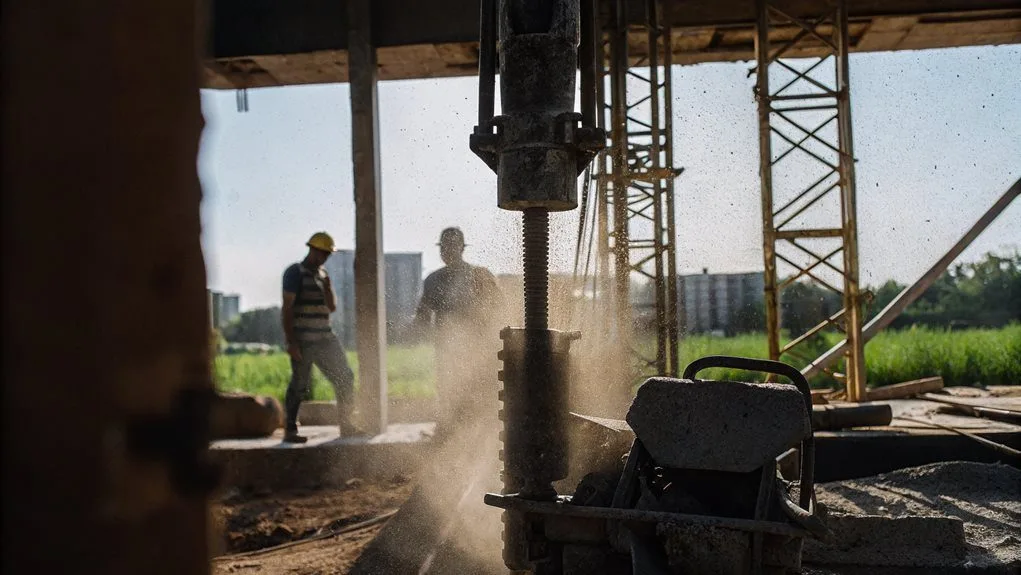Choosing the right mobile chipping machinery hire can feel like navigating a dense forest of options, each promising to meet your project's unique demands. You're on the lookout for a solution that not only matches the size and type of wood you need to chip but also aligns with your project's timeline and budget. It's a search for that perfect balance of efficiency, cost-effectiveness, and reliability.
Understanding the intricacies of mobile chipping machinery—from the equipment's specifications to the nuances of rental agreements—requires a depth of knowledge that comes from years of experience in the field. For those tasked with managing projects where time and resources are precious, the challenge lies in identifying a hire option that offers comprehensive support and maintenance, flexible rental terms, and seamless delivery services.
This article is designed to guide you through these considerations, ensuring you're equipped with the knowledge to make a choice that enhances your project's success. As we delve deeper into each factor, you'll find answers tailored to your specific needs, paving the way for a smooth and efficient chipping process.
Key Takeaways
- Consider equipment specifications and maintenance features for optimal wood chipper performance and safety.
- Ensure necessary documentation, safety gear, and familiarization with rental items for smooth rental process.
- Budget and project duration should be considered when selecting the rental period and payment options.
- Coordinate logistics and scheduling with the rental company for delivery and pickup services to save time and reduce the risk of damage.
Equipment Specifications
When considering mobile chipping machinery hire, one of the key factors to take into account is the equipment specifications. The wood chipper's specifications play a crucial role in determining its suitability for the job at hand. One important specification to consider is the throat size of the wood chipper. The throat size refers to the diameter of the opening through which the wood is fed into the machine. A larger throat size allows for the processing of larger pieces of wood, increasing efficiency and productivity. On the other hand, a smaller throat size may limit the size and type of wood that can be chipped.
Another important aspect to consider is the motor size and type. Mobile chipping machinery can be powered by gas, diesel, or electric motors. The choice of motor depends on specific needs and requirements. Gas-powered machines offer mobility and versatility, while diesel-powered machines provide increased power and torque. Electric models, on the other hand, are cleaner and quieter, making them suitable for indoor use or areas with noise restrictions.
Additionally, it is essential to evaluate the capacity and power of the machinery. The capacity refers to the amount of wood the machine can process within a given time frame. It is important to select a wood chipper with sufficient capacity to handle the expected volume of wood. Power, on the other hand, determines how efficiently the machine can chip the wood. A higher power rating allows for faster processing and better chip quality.
When considering equipment rental, it is also important to check the maintenance requirements and ease of operation. Opting for machinery that is easy to maintain and operate can save time and effort during the rental period. Safety should also be a priority, so it is crucial to ensure that the machinery meets safety standards and has necessary safety features for user protection.
Rental Terms and Conditions
The rental terms and conditions for mobile chipping machinery should be carefully reviewed and understood before entering into a contract. When considering hiring this equipment, it is important to take into account the following:
- Documentation: Ensure that you have the necessary documentation in order to rent the machinery. This may include photographic identification, proof of address, and insurance. Having these documents ready will streamline the rental process and avoid any delays.
- Safety gear: Prioritize safety by being prepared with the required equipment and safety gear. This may include a vehicle with a tow bar, a trailer with ramps, and personal protective equipment (PPE). It is essential to have the proper gear to protect yourself and others during operation.
- Familiarization: Take the time to familiarize yourself with the items provided, return expectations, and the process for reporting any problems or queries during the hire period. This will ensure a smooth rental experience and minimize any potential misunderstandings.
- Reporting issues: In case of breakdowns or faults, it is crucial to contact the provider immediately. Attempting to fix the machinery independently may result in further damage. Reporting any issues promptly can help resolve problems efficiently and prevent any additional costs.
Maintenance and Support
To ensure the optimal performance and longevity of mobile chipping machinery, maintenance and support services play a crucial role. Providers of mobile chipping machinery hire often offer maintenance and support packages to ensure that the equipment operates at its best and experiences minimal downtime. These services may include regular maintenance checks, blade sharpening, and technical assistance.
To give you an idea of what maintenance and support services might entail, take a look at the table below:
| Maintenance Services | Support Services |
|---|---|
| Regular servicing to ensure optimal performance | Technical assistance for addressing operational issues |
| Blade sharpening for efficient chipping | Troubleshooting guidance to minimize downtime |
| Oil changes to keep the machinery running smoothly | On-site maintenance or repair services for convenience |
| Overall equipment upkeep for extended lifespan | Access to expert advice for maximizing efficiency |
Scheduled maintenance checks are essential to prevent breakdowns and extend the lifespan of mobile chipping machinery. Blade sharpening ensures efficient chipping, while oil changes and overall equipment upkeep enhance the machinery's performance. Additionally, having access to technical assistance and troubleshooting guidance allows for prompt resolution of any operational issues that may arise.
Rental Cost and Payment Options
Rental costs and payment options are important factors to consider when seeking mobile chipping machinery. Here are some key points to keep in mind:
- Rental costs for mobile chipping machinery typically range from $200 to $300 per day. It's important to consider your budget and the duration of your project when deciding on the rental period.
- Some rental companies may offer weekly or monthly rates for extended use of the equipment. If you anticipate needing the chipper for a longer period, it may be more cost-effective to opt for a weekly or monthly rate.
- Additional fees may apply for delivery, fuel usage, or damage to the machinery during the rental period. Make sure to inquire about any potential additional costs upfront to avoid surprises.
- Payment options for renting mobile chipping machinery may include credit cards, cash, or rental equipment accounts. Choose the payment method that is most convenient for you and ensure that the rental company accepts it.
Delivery and Pickup Services
Delivery and pickup services can be a convenient and time-saving option when renting mobile chipping machinery. Some rental companies offer these services to help save time and effort in transporting the chipper to and from your location. It is important to check with the rental company about the availability and cost of delivery and pickup services.
To give you a better understanding of the benefits of delivery and pickup services, here is a table highlighting the advantages:
| Advantages of Delivery and Pickup Services |
|---|
| Saves time and effort in transporting the chipper |
| Convenient option for customers |
| Ensures the chipper is delivered and picked up on time |
| Reduces the risk of damage during transportation |
By utilizing delivery and pickup services, you can save money on transportation costs and avoid the hassle of arranging logistics. However, it is crucial to ensure that the delivery and pickup services align with your rental duration. Some rental companies may charge additional fees if the chipper is not returned within the agreed-upon timeframe.
To ensure a smooth rental experience, it is essential to confirm the logistics and scheduling of delivery and pickup with the rental company. This will help avoid any confusion or delays and ensure that the chipper is available when you need it.






